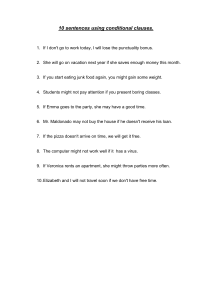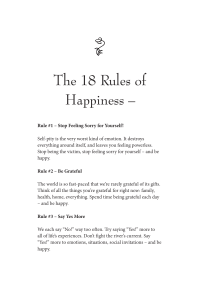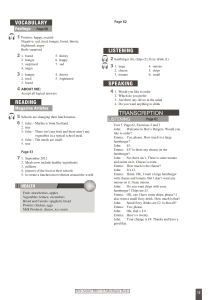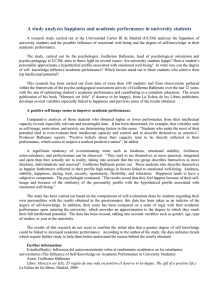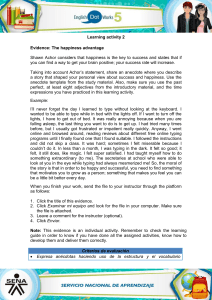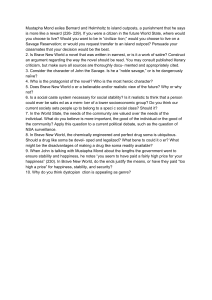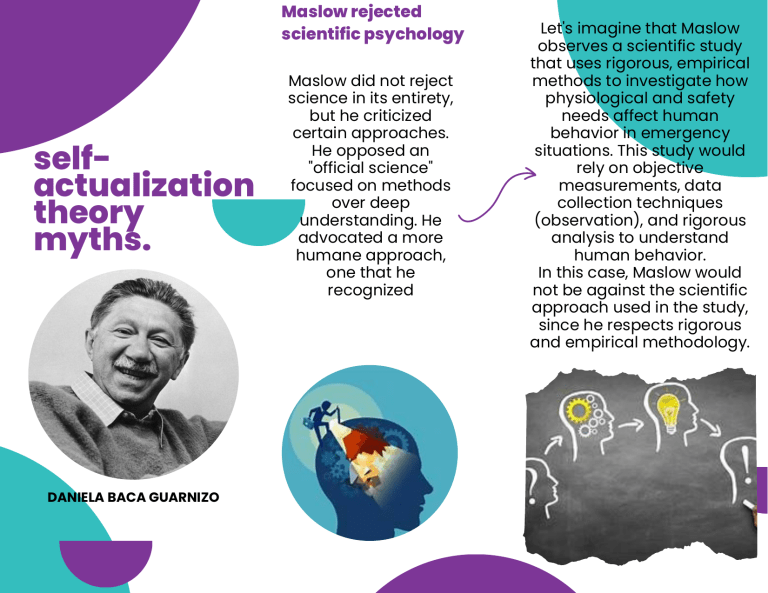
Maslow rejected scientific psychology selfactualization theory myths. DANIELA BACA GUARNIZO Maslow did not reject science in its entirety, but he criticized certain approaches. He opposed an "official science" focused on methods over deep understanding. He advocated a more humane approach, one that he recognized Let's imagine that Maslow observes a scientific study that uses rigorous, empirical methods to investigate how physiological and safety needs affect human behavior in emergency situations. This study would rely on objective measurements, data collection techniques (observation), and rigorous analysis to understand human behavior. In this case, Maslow would not be against the scientific approach used in the study, since he respects rigorous and empirical methodology. Highly Self-Actualizing Persons Are Happier Than Other People Lower Needs Must Be Fully Met Before Moving to the Next Higher Need Maslow clarified that most people experience partial satisfaction and partial dissatisfaction in several needs simultaneously. The hierarchy is not as strict as you think. Additionally, he pointed out exceptions, where some people prioritize certain needs, such as creativity or high values, over others. Juan is working at a job that provides him with a salary sufficient to cover his physiological and safety needs. However, he has a strong passion for music and dreams of becoming a renowned composer. Even though John does not have all of his lower needs completely satisfied, he is devoting his energy and attention to the pursuit of a higher need (self-actualization through creativity). Emma is a highly selfactualized person according to Maslow's principles. Emma has dedicated her life to teaching in disadvantaged communities, where she finds a deep sense of purpose and meaning. Although she faces challenges and difficulties in her work, she feels authentically and fully committed to her educational work. Although Emma may not experience a constant sense of happiness in the traditional sense, her life is imbued with a deep sense of accomplishment and purpose. Her selfactualization is reflected in her dedication to improving the lives of her students and contributing to the well-being of her community. Maslow did not place greater happiness as a central element of selfactualization. His focus was on achieving full potential, authenticity, and finding meaning and purpose in life. He believed that the primary goal was to become a better human being, and from this, happiness and well-being could arise naturally. References Compton, W. (2018). Selfactualization Myths: What did Maslow really say? Journal of humanistic psychology.
